On November 17, Zamorano University held the closing event of the Integrated Management of the Río Plátano Biosphere Project – MI Biósfera, funded by the European Union and implemented in coordination with the Forest Conservation Institute (ICF), FUNDER, and UNAG, with the support of key partners such as APROSACAO, Heifer International, and the Municipality of Dulce Nombre de Culmí.
Over four and a half years (2021–2025), the project worked with more than 50 farms within the buffer zone of the Río Plátano Biosphere Reserve, demonstrating that sustainable livestock systems can contribute to biodiversity conservation, climate change mitigation, and strengthened rural livelihoods. The initiative was grounded in applied research, technical assistance, extension, and farmer training.
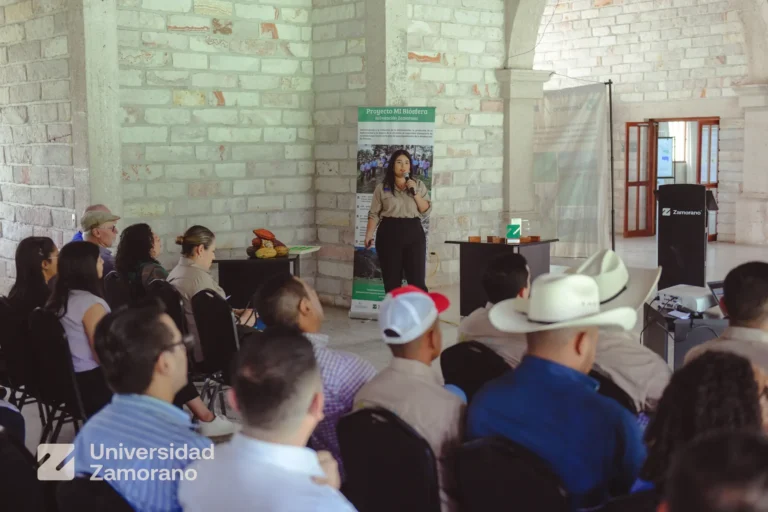
Productive and Environmental Transformation Through Applied Science
The project intervened in over 3,000 hectares under a climate-smart livestock model, integrating:
· Silvopastoral and agroforestry systems
· Voisin Rational Grazing (PRV)
· Protection of natural regeneration
· Establishment of live fences and scattered trees
These practices improved productivity, restored tree cover, and strengthened biological corridors essential for sustaining biodiversity.
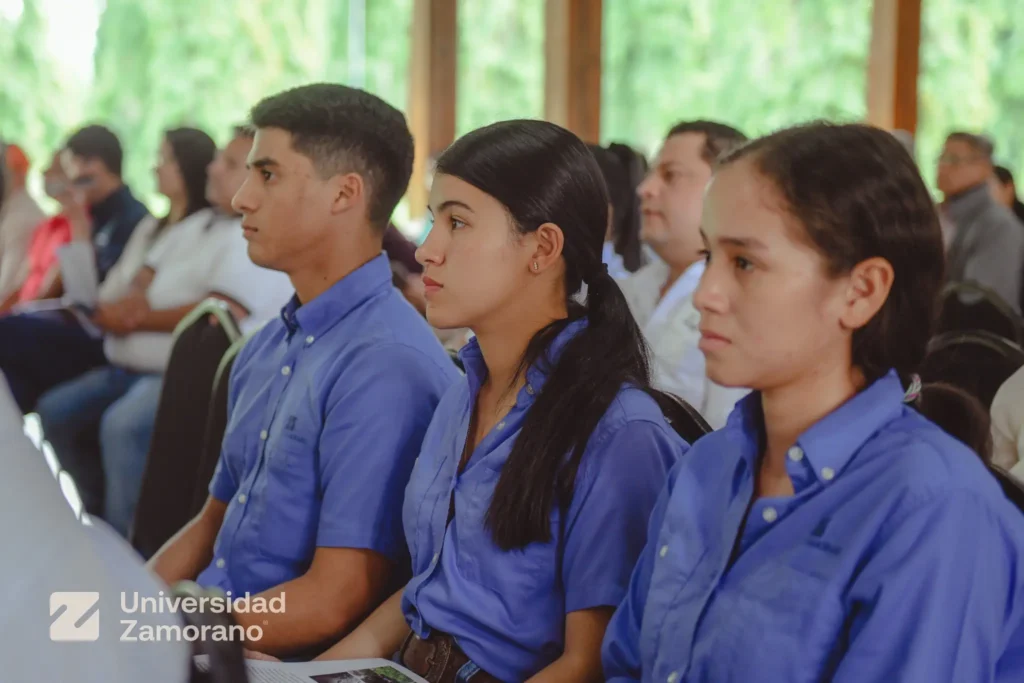
Impactful Results
1. Emission Reduction and Carbon Capture
· The intervention area became a net carbon sink.
· Annual emissions decreased by 38.8%.
· A total of –12,553 tCO₂e were removed over four years, along with more than 10,000 tons of CO₂e sequestered according to project indicators.
· Deforestation decreased by 70%, with active restoration of secondary forests.
2. Productive Restoration and Resource Protection
· 40%–60% of intervened areas entered restoration processes.
· Over 35,000 native and fruit trees were established.
· More than 25 water springs were protected.
3. Improved Livestock Productivity
· +16% in milk yield per cow per day.
· +40% increase in productivity per hectare.
· Stocking rate increased from 0.7 to 1.1 AU/ha.
· Feed costs reduced by more than 20%.
4. Soil, Water, and Biodiversity
· 10% reduction in soil loss in managed pastures.
· More than 1,100 fauna species documented, including 169 vertebrates.
· Soils with higher organic matter and improved vegetation cover.
· Climate, biodiversity, and carbon monitoring implemented across the territory.
5. Human Development and Community Strengthening
· 756 participants trained through 17 Livestock Field Schools.
· 700+ producers trained, including 25% women leaders.
· 230 producers certified in sustainable livestock management.
· 83 members of the Pech Indigenous community completed a Diploma in Family Agriculture.
· Monitor farms now serve as living classrooms for regional replication.
During the closing event, producers shared firsthand testimonies about how the project transformed their production systems and reshaped their vision of conservation.
Contributions to National Policies and Long-Term Sustainability
The project generated technical evidence for Honduras’ National Decarbonization Strategy, the Forest Carbon Transactions Law (2023), and compliance with the European Union’s EUDR Regulation. It also strengthened interinstitutional collaboration among Zamorano University, ICF, SAG, FUNDER, UNAG, Heifer, APROSACAO, and local governments, enhancing territorial governance and sustainable production models.
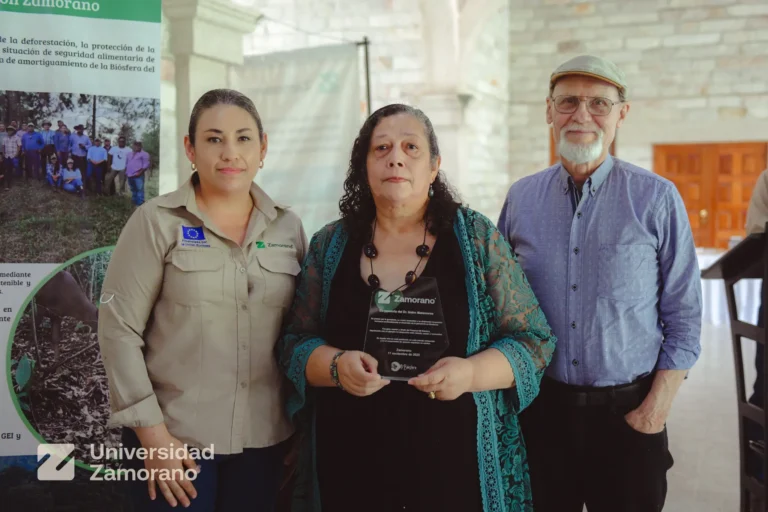

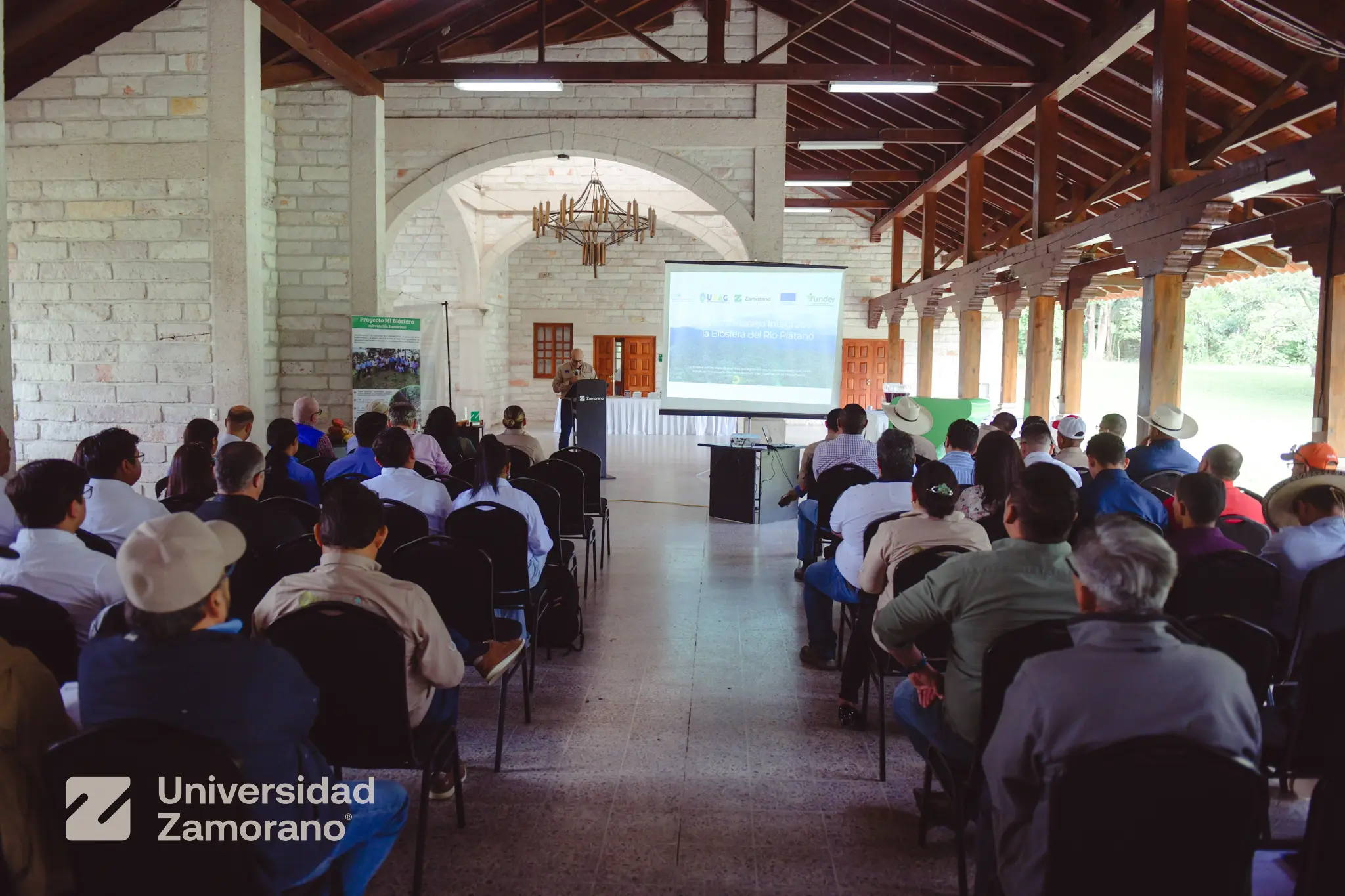
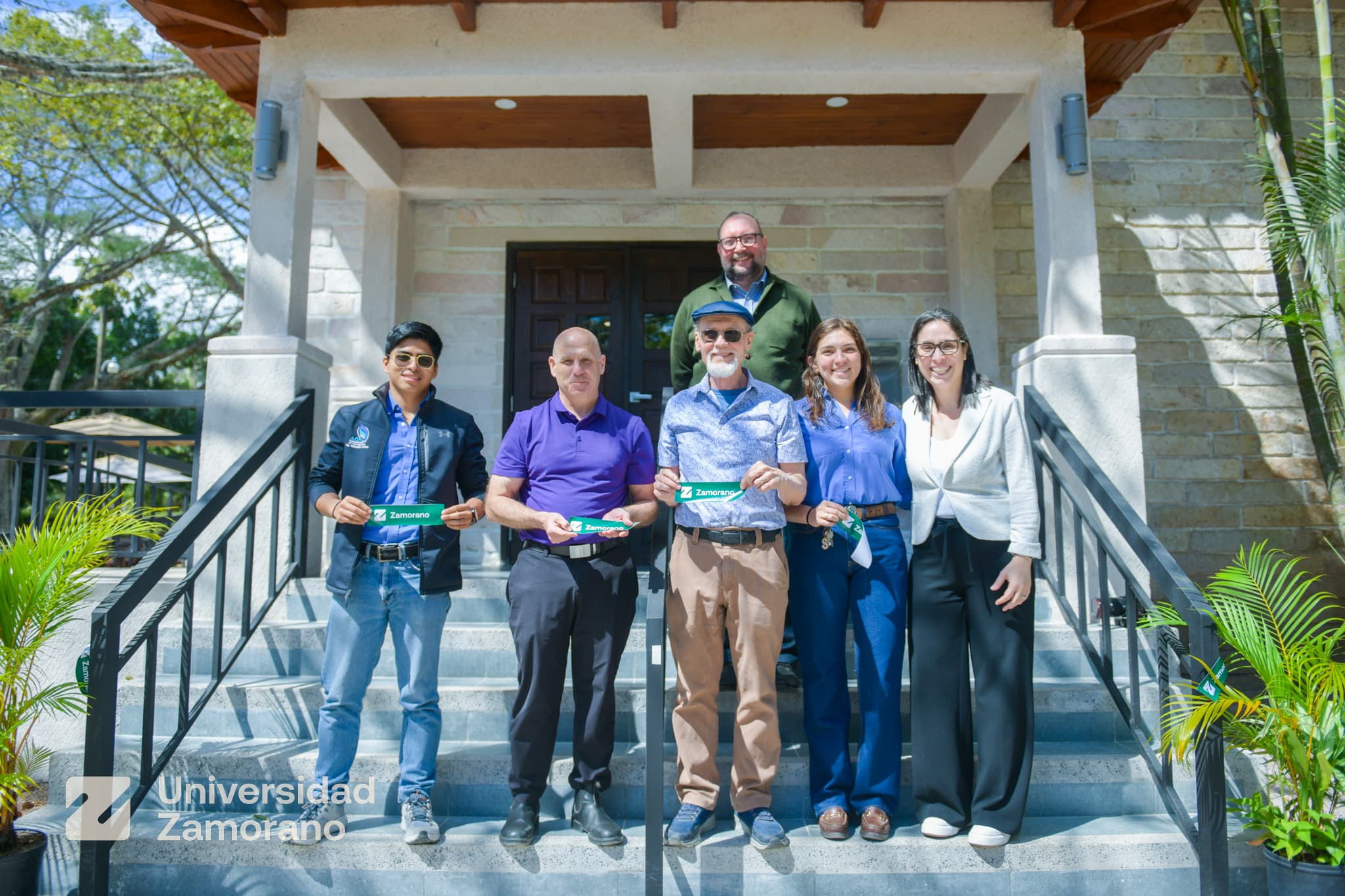
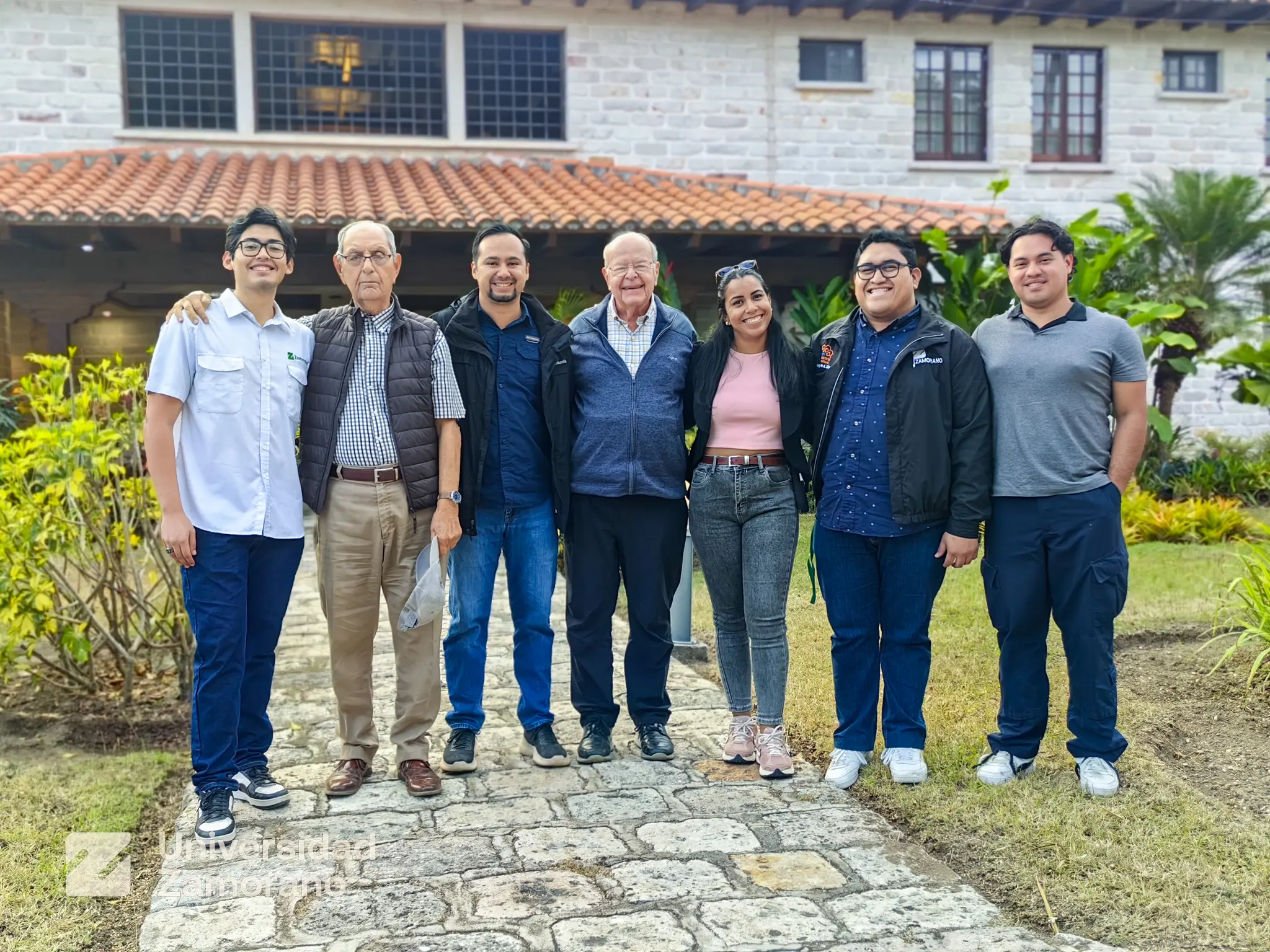
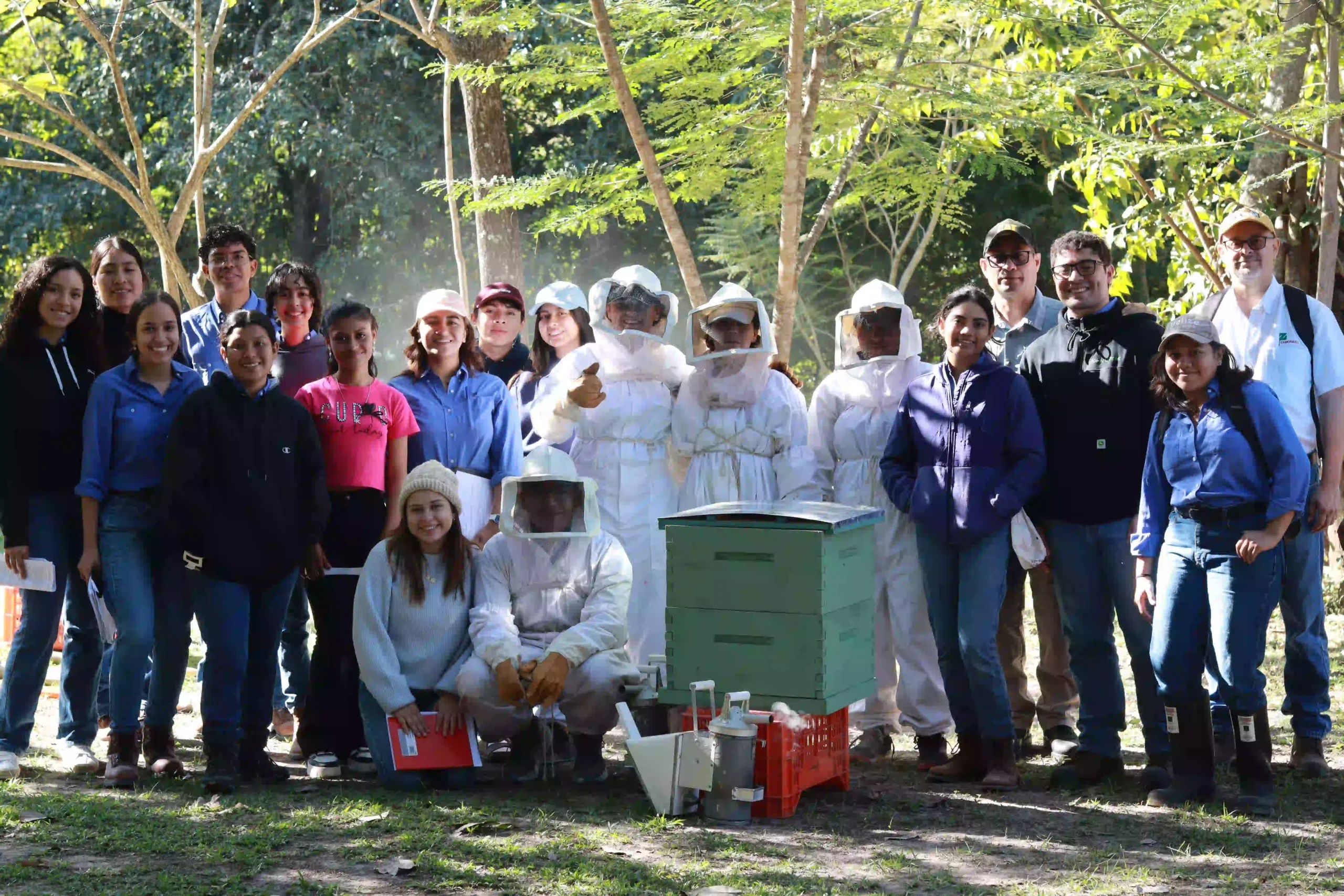
Yo check it out, been using the ‘soi cầu xsmb kubet’ stuff featured on soi cầu xsmb kubet. Its predictions look promissing.
Hey all, been digging around for some good ‘soi cầu xsmb kubet’ strategies and came across this site. Anyone else used it before? Thinking of giving it a shot. Let me know what you think! Click here: soi cầu xsmb kubet
Heard about Superbet Cazino, decided to give it a shot. Not bad at all! The selection of games is pretty decent. I’ll definitely be checking it out again. Maybe I’ll even get lucky! Check it out yourself: superbet cazino